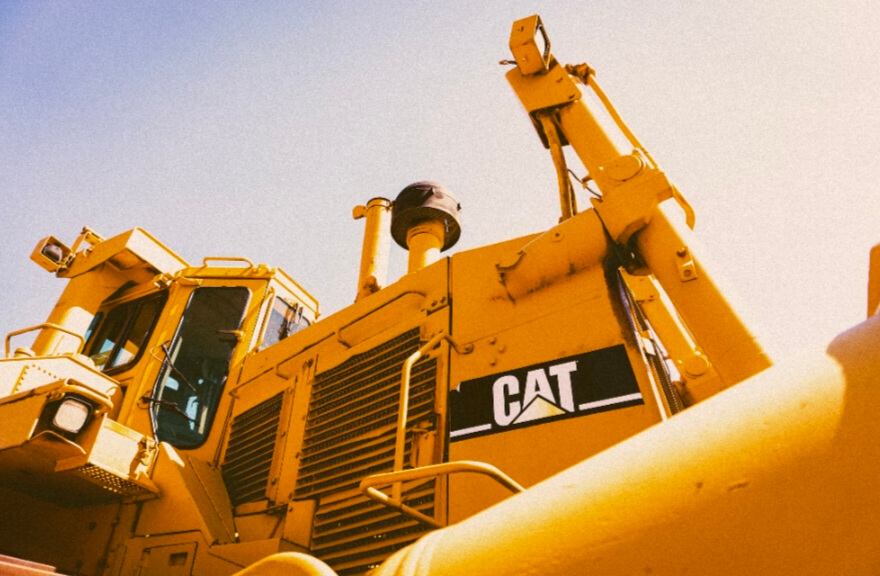Businesses selling used machinery have multiple options when it comes to selling it: direct sale, listing with a broker, trading in for newer equipment or attending an industrial auction. Each option has its own set of advantages and disadvantages.
Before placing any bid on heavy equipment, it is vitally important that it is thoroughly inspected in order to avoid purchasing equipment with structural or mechanical flaws that might require costly repairs later. However, there’s also a lot you should know if you’re just starting out.
Location
A reliable auction company will be able to assist in establishing the value of your equipment and help you decide whether selling it at auction makes financial sense. They will also take care in handling every aspect of the auction sale itself, from asset lotting and staging through bidding, inspections, site remediation and equipment removal supervision.
These companies specialize in selling surplus industrial equipment as well as facilities. They can assist with asset liquidation and private treaty sales to maximize returns on your investments.
There are various methods for selling surplus industrial equipment, but auctioning stands out as one of the most efficient methods. It is quick and straightforward; profit can easily be realized on equipment sold this way; plus it reaches more potential buyers and can fetch fair pricing for items.
The scope and scale, however, is changing. Many companies are turning to having an online industrial machine auction as an effective means of increasing buyer participation and quality equipment acquisition. Not only is this method convenient for potential buyers worldwide; some auctions even allow reserve sales options which further increase buyers and ensure top quality equipment purchases.
Bids
Industrial equipment auctions have grown increasingly popular, particularly in the US. Auctions offer buyers many benefits, including access to an international audience and transparency during bidding processes. Online platforms often feature an impressive selection of machines which makes finding just the right machine effortless.
Additional fees associated with purchasing machinery at auction must also be covered, such as a buyer’s premium (which you can learn about here) that the auctioneer adds onto the winning bid price for administrative costs and ranges between 10%-25% of total sale price. An auctioneer may charge additional delivery and removal charges.
Make sure that you read all the fine print of an auction’s terms and conditions to understand all costs related to purchasing, such as taxes, shipping charges and any additional fees that might not be advertised. Also ensure you understand how the seller collects payment: wire transfer, direct deposit or online payment services can all be possible methods.
Before the end of each day, it’s advisable to register for auctions. Most auctioneers will require your credit card as identification before placing bids. Serious buyers should call directly the auctioneer in order to introduce themselves and explain their intentions; this often expedites the approval process.
Payment
Industrial machinery auctions provide an effective and economical means to acquire heavy machinery for your business at a much reduced cost. Ideal for both entrepreneurs and contractors alike, industrial auctions provide the chance to find quality machinery at reduced rates without compromising on quality or saving money on its price. In addition to offering low prices and wide options for buyers ranging from single pieces to entire fleets.
Industrial machinery auctions typically fall into two broad categories: liquidation and industrial. Liquidation auctions serve to sell off assets of bankrupt companies while industrial auctions focus on selling equipment from various sources. Both types can provide numerous advantages, including reaching a wider audience, transparency of the sale process and ease of negotiating a deal.
No matter the type of industrial auction you attend, it is vitally important that you conduct proper research. Understanding both the market and budget will enable you to select an amount to bid at. Inspect all equipment prior to bidding on it; if possible try it out yourself to ensure its functionality and make a sound decision.
Prior to an auction, it is also wise to familiarize yourself with the terms and conditions of the seller. Each seller may offer different conditions such as immediate payment, delayed removal of certain assets, and special removal terms; so be sure to verify these before attending an auction to avoid any unpleasant surprises.
Once you have won an auction bid, it is essential to remember that the final bid price (or “hammer price”) does not reflect your total costs; additional expenses such as dismantling and shipping may apply.
As online auctions continue to gain in popularity, so has demand for professional industrial equipment auctioneers. These professionals can assist with all aspects of an auction from dismantling and loading to customs procedures and transport. In some instances, they even provide observers to oversee that all aspects are completed timely; they may manage payment through providing an LC or letter of credit as required for coverage of total cost of purchase.

Shipping
Purchase of industrial machinery through auction can often be less costly than purchasing it at regular retail prices, yet business owners should still carefully consider all costs associated with auctions such as taxes and shipping before bidding. Business owners should remember that not all sellers are trustworthy; some may advertise equipment they don’t actually possess which could result in false advertising or product scams.
Before purchasing machinery, it may be prudent to hire a professional inspector to review its condition (source: https://www.quora.com/inspections). These inspections may take place both on-site or remotely through remote inspection companies; either way, it’s vital that you are completely satisfied with its condition as well as any warranties attached with it.
An auctioneer of manufacturing equipment can help your business find the right pieces of machinery at auction and deliver it directly to your warehouse or shop, saving both money and time by getting their purchase to you promptly. They may offer on certain machines.
Industrial auctions are frequently hosted by businesses that have upgraded tools, reduced staff numbers or gone out of business. Liquidation auctions feature all manner of machinery ranging from office to factory machines. A large brewing company hired a private company to assemble and auction off excess equipment from its merger with another brewer – which included large tanks as well as other assets – at an industrial auction resulting in significant financial inflows to their company without them having to ship a single thing, themselves.
